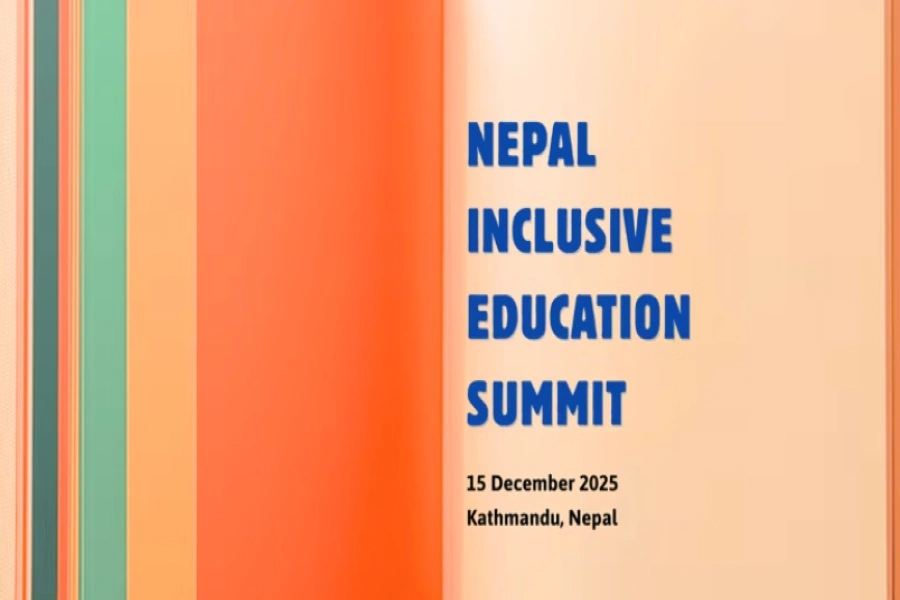In a laudable move to protect students and parents from additional financial burdens imposed by a section of schools, the Kathmandu Metropolitan City (KMC) has taken a decisive step by warning against the practice of forcing students to buy additional uniforms during various festivals. This initiative taken by the Metropolitan Education Department comes in response to mounting complaints about the coercive nature of this trend, particularly in private schools within the metropolis. The Metropolitan Education Department highlighted the distressing scenario where economic hardships faced by parents are exacerbated by the mandatory purchase of festival-related clothing. The crux of the matter lies in the undue pressure exerted on students and their families, especially during times of economic recession. The KMC has rightly issued warnings, with potential fines and other punitive actions awaiting non-compliant schools.
One prevalent issue reported is the societal divide within schools, with students who cannot afford the prescribed extra dress being stigmatized. This not only reflects economic disparity that exists in our society but also vitiates the educational environment. The essence of education should be to foster an atmosphere of inclusivity, tolerance, and coexistence, rather than breeding disparities based on attire. In response to these concerns, the KMC has issued a circular instructing all schools not to enforce the purchase of additional clothing. This stance is supported by the Metropolitan Education Act, 2075 BS (Amendment), and other applicable laws. The gravity of the matter is underlined by the mention of potential school closures, with the deployment of metropolitan police if necessary.
A forward-thinking move towards a greener future
_20230506072433.jpg)
Office bearers of the Private and Boarding Schools' Organization Nepal (PABSON) have asserted that they have not mandated students to buy extra clothes or textbooks. This aligns with the spirit of education, emphasizing practical knowledge about various religious and cultural festivals without imposing an undue financial burden on parents. Suprabhat Bhandari, president of the Guardian’s Association Nepal, commends the KMC's decision, recognizing it as a bold step to counter distortions in the education system. The president rightly argues that schools should focus on imparting knowledge about religion and culture without engaging in business practices under this pretext. This echoes the sentiment that education should be a tool for enlightenment and understanding, not a means to exploit economic vulnerabilities.
The move by the KMC should not be seen as an attack on celebrating festivals; rather, it is a call for responsible and inclusive festivities. In a city with 87 public and 504 private schools, it is imperative to ensure that the educational environment remains a space for learning and growth, free from unnecessary economic pressures. The KMC's proactive stance against forced festive expenses is commendable. It reflects a commitment to preserving the true essence of education, fostering an environment of religious harmony, brotherhood, and coexistence. As we celebrate festivals, let us do so with the richness of diversity and understanding, rather than burdening our students and their families with financial strains. The KMC's intervention is a step in the right direction, urging schools to prioritize the values of education over commercial interests.






































